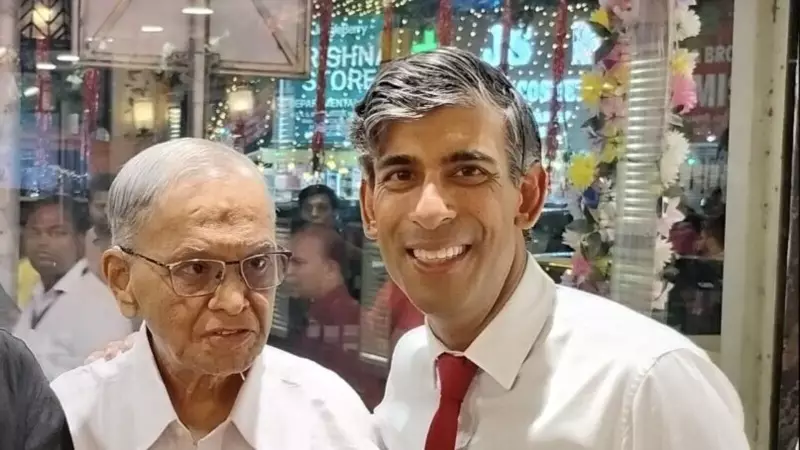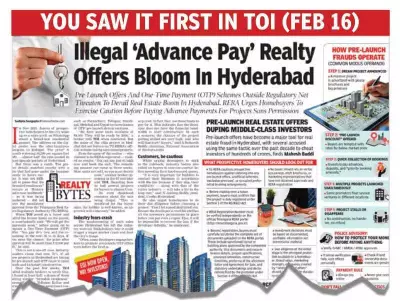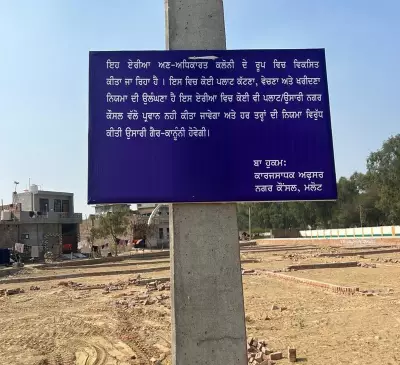
Former British Prime Minister Rishi Sunak found himself in an awkward position recently as he attempted to court one of India's most respected business leaders, Narayana Murthy, founder of Infosys. The meeting, intended to strengthen UK-India business ties, quickly turned into an internet spectacle as Sunak's previous controversial comments about work culture came back to haunt him.
The Unforgotten 70-Hour Work Week Remark
Social media users were quick to resurrect Sunak's earlier endorsement of grueling work schedules, where he had supported the idea of 70-hour work weeks. This comment, made during a different context, became the centerpiece of online mockery as netizens questioned the former PM's credibility while he sought to impress the Infosys patriarch.
Internet Reacts with Memes and Sarcasm
The digital sphere exploded with reactions as users across platforms like X (formerly Twitter), Facebook, and Instagram created memes and sarcastic posts. Many questioned the timing of Sunak's business outreach, suggesting his work ethic comments made him an unlikely candidate to win over Indian business leaders known for their balanced approach to productivity.
One user quipped, "Sunak trying to impress Narayana Murthy after advocating 70-hour work weeks is like a chef who hates cooking trying to win a Michelin star." Another commented, "The irony is thicker than British tea - Sunak's work week philosophy meets India's evolving work culture."
Business Meeting Amidst Controversy
Despite the online uproar, the meeting between Sunak and Murthy proceeded, focusing on potential collaborations between British and Indian tech sectors. Sources close to the discussion indicated that both parties maintained professional decorum, though the underlying context of work culture debates wasn't far from anyone's mind.
Broader Implications for UK-India Relations
This incident highlights the delicate nature of international business diplomacy in the age of social media scrutiny. As former political leaders transition to business roles, their previous statements and policies continue to influence public perception and professional relationships.
The episode also underscores the evolving conversation around work-life balance globally, with different cultural perspectives clashing in the public arena. While Indian startups and IT companies have been at the forefront of demanding work environments, there's growing awareness about sustainable productivity models.
As the digital conversation continues to rage, one thing remains clear: in today's interconnected world, past comments never truly disappear, and they can resurface at the most inconvenient moments for public figures navigating new professional territories.






